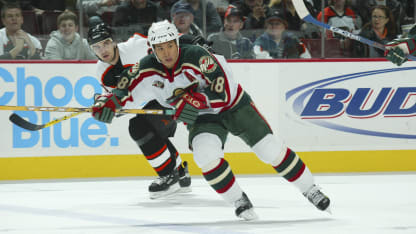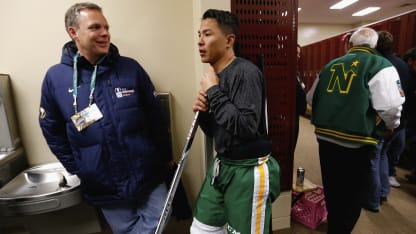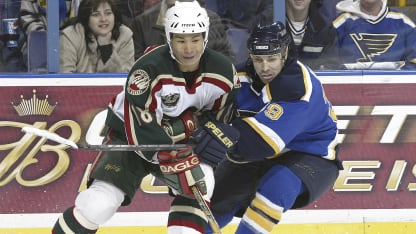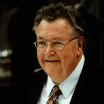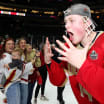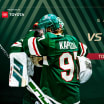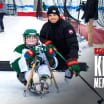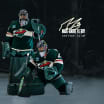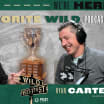"It's what makes our sport unique, is that you can't pick up a ball or a bat and just head out to a field and practice," Park said. "You need the rinks, you need the equipment, you need the coaches. Those aren't easily accessible here, so there's a lot of things that would have to go into it.
"But there's no reason why it can't. There's a lot of people. There's people that have an interest in helping to grow the sport. But it's going to take some time. It isn't going to happen overnight. This is hopefully the beginning of that process."
Every player on the South Korean team plays in a pro league in South Korea. Several are Canadian-born and raised, but have been offered and accepted South Korean citizenship in order to be eligible to play. Still, it faces an uphill climb against other countries with more hockey tradition. Even without NHL players at this year's Games, Team Canada has more than 2,000 games of NHL experience on its roster.
Russia, Sweden, Finland and the United States, among others, are also expected to field very competitive teams.
So where does that leave the hosts, and what are their goals as the games begin?
"Our message to the players is no different than any other team; that they can go and win the hockey game," Park said. "Certainly, the odds are stacked against us. The experience and the caliber of the other teams are a level that's above us. But there's no reason why we can't go in there and shock the world and win a hockey game. And in this tournament, if you win the right hockey game, much like Slovenia did in Sochi [in 2014], you live to fight for another day.
"Our mental fortitude is really going to be tested here, because there's going to be some challenges and some moments where we fall down. But it's going to be how we respond to those moments that determine our success in this tournament."
